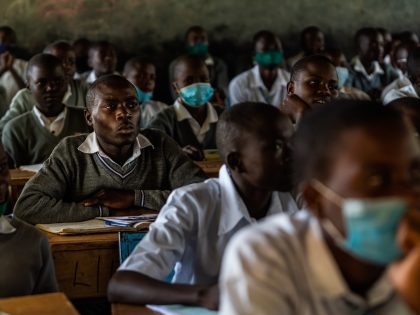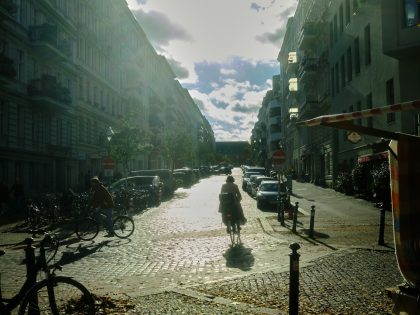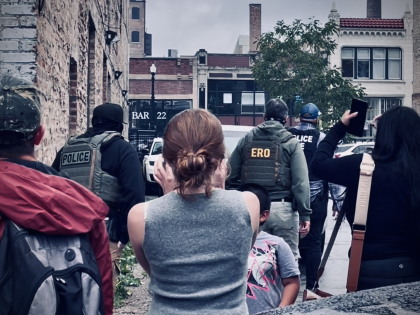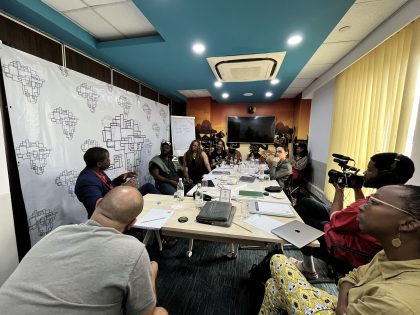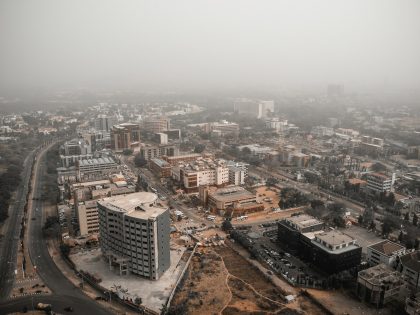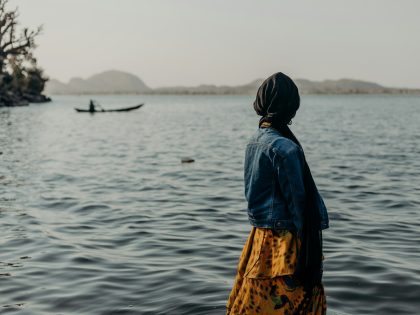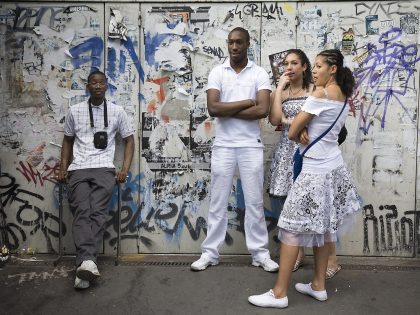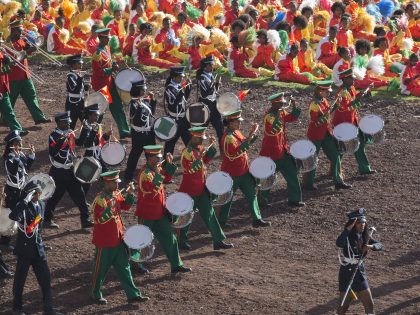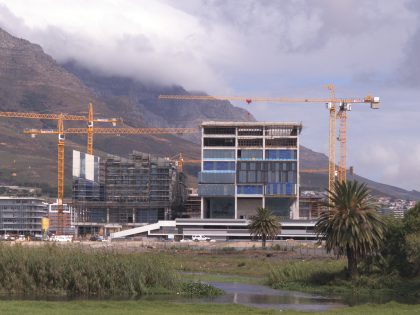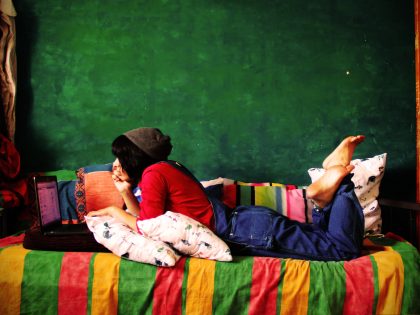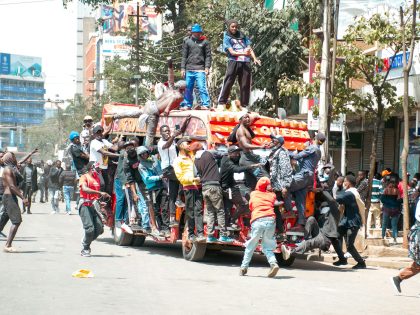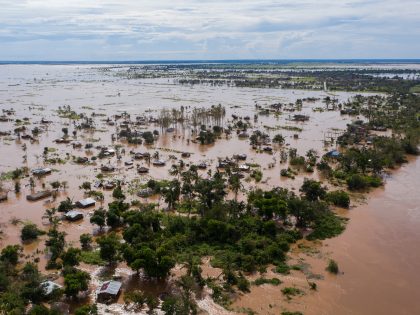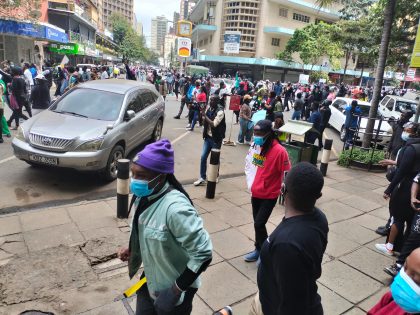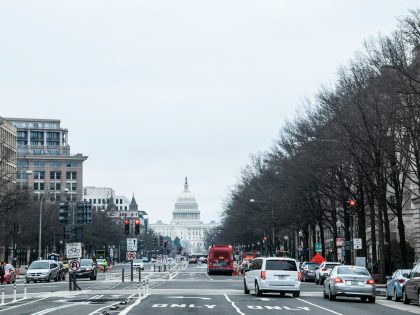A locally-driven vision of African identity and space
Using Instagram, photographer Fati Abubakar wants to take us beyond Boko Haram in Nigeria's Borno State.

Image by Fati Abubakar. @bitsofborno Instagram.
Since its inception, Africa is a Country has been challenging parochial notions of African representation across a wide range of mediums. However, it could be argued that among the different communication channels, photography in particular has the most powerful impact to shape audience opinions about the people and places it reflects. It is photography that burns images into our minds as viewers; images that serve as reference points and endure over time, even when we close our eyes.
Historically, the power to control African visual narratives was largely flowing through the cameras of cultural outsiders from other regions of the world. Though with the rise of social media and specifically image sharing via Instagram, an important counter-narrative has emerged to showcase a new locally-driven vision of African identity and space. That is why we’d like to initiate a new series here on Africa is a Country: #InstantArchives. As a means of sharing different visual perspectives, we will highlight photographers who use Instagram to offer unique windows into their communities. We’ll hear from them about what they are striving for when they take and share photographs.
Kicking off the series is Nigerian photographer Fati Abubakar. Fati’s account @bitsofborno offers a look through her lens into the vibrant world of Maiduguri in Borno State, Nigeria. In a region affected by the activity of Boko Haram, Fati is actively reclaiming the narrative of the area with her images and text. In her own words:
“I love photography and love what it can do as a medium to tell a story. Hence, I’ve decided to use that to document my home state of Borno simply because the religious crisis that has ravaged it showcases only the trauma and despair while forgetting that there are survivors trying to lead normal lives and go on every day despite the insurgency. It is as vital to show resilience as it is death and destruction. Hence my need to capture this aspect of our lives.
“In my opinion a good photograph is what speaks to your soul. There is something in a photo that tells you to frame that moment. A story unfolding before you. It could be joy or pain, but it wants you to eternalize it. And that’s what I do with my photos. Stories, lives, buildings, scenery, photos of nostalgia. That is what I want when I take a photo. An assurance that for eternity, I have a memory of that moment.
“What I hope to achieve with the photos is to help people see that we are thriving, living, moving on and help rekindle memories of old glory.”
To see more of Fati Abubakar’s work, follow her Instagram account @bitsofborno.
